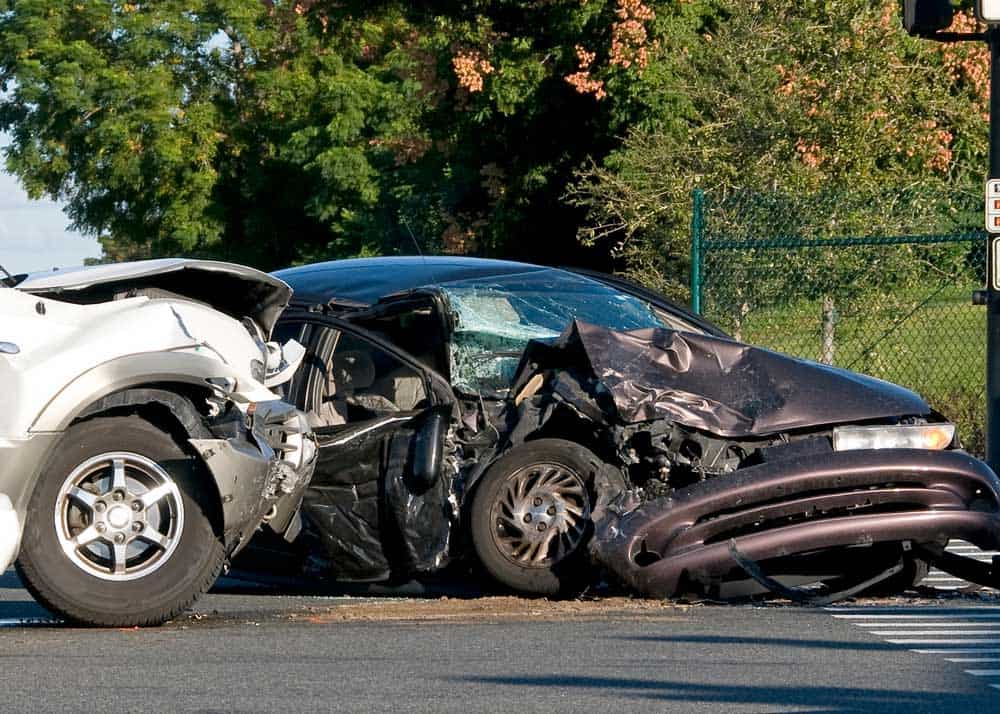Michigan’s no-fault automobile insurance system was designed in 1973 to guarantee a certain level of benefits to persons injured in car accidents, ensure timely payment of those benefits, and reduce administrative and legal costs.
Requirements for Auto Insurance
The no-fault system requires the insured to carry unlimited lifetime benefits for personal injury protection (PIP). This includes unlimited medical and rehabilitation benefits, as well as wage loss benefits for up to three years, and $20 per day for replacement services (such as household chores) that the injured person can no longer perform.
In exchange for these benefits (which are payable to the injured party regardless of fault), Michigan motorists give up the right to sue in auto accidents except when someone is killed or suffers a serious bodily impairment.
Since Michigan’s benefits are more comprehensive than those required in other states – and therefore more expensive, Michiganders pay higher premiums than motorists in almost every other state.
Michigan Catastrophic Claim Association (MCCA)
The Michigan Catastrophic Claim Association (MCCA) also contributes to the higher cost. Established in 1978, the MCCA is part of the no-fault system. Created as a mandatory “insurance for insurance companies” system, the MCCA reimburses no-fault insurance companies for each PIP medical claim exceeding $555,000. All companies that sell auto insurance in Michigan must pay an annual “MCCA fee” for each vehicle insured. That fee is known as the MCCA assessment, and it is passed on—almost always in whole—to Michigan policyholders by the insurance companies. In fact, most insurance companies list the fee as a separate line-item in their billing.
Introduction and Defeat of House Bill 5013
Over the years, high insurance rates (as compared to other states) have spurred various legislative efforts to slash no-fault benefits in exchange for lower premiums. House Bill 5013, introduced and defeated in 2017, was the most recent vehicle for these efforts. Since 1994, when Michigan voters enacted term limits, no-fault “reform” has reared its head every two years—with the same arguments put forward each time.
HB 5013: Providing Options for Coverage to Motorists
HB 5013 would have amended the Michigan Insurance Code to allow an insured person to select one of three PIP coverage levels: $250,000; $500,000; or unlimited. It would also have allowed persons covered by Medicaid to completely opt out. The bill also restricted family attendant hours, created a fraud-investigation authority, and further limited the ability to sue. Essentially all of this added up to lower rates in exchange for lower coverage and legal rights. On November 2, 2017, HB 5013 failed to pass in the Michigan House of Representatives with 45 yes votes and 63 no votes—10 short of passage.
However, HB 5013 offers a good study in the legislative efforts, as well as the rationales for and against changing the no-fault system and spurred strong debate. Below is a summary of the arguments put forth by both sides.
Arguments in Support of HB 5013
Supporters argued that:
- HB 5013 would lower auto insurance rates substantially.
- The new system would be similar to those in other states, where consumers have more choice in selecting their levels of coverage, including the option of keeping Michigan’s current level of no-fault insurance.
- Drivers would be able to choose from three general options for personal injury protection benefits which would allow them to reduce coverage and save money if their health insurance would otherwise cover some (or all) medical bills from an auto accident.
- The bill would impose price controls on hospitals and clinics, bringing them more in line with government reimbursements.
- The legislation included provisions aimed at reducing accident-related lawsuits against insurance companies. [Opponents argued that it’s already difficult to sue under the current law (only when someone is killed or suffers a serious bodily impairment), and the proposed reforms went too far in favoring insurance companies.]
Arguments Opposing HB 5013
Opponents argued that:
- Nothing in the legislation mandated a reduction in premiums of drivers who maintain current coverages, despite significantly reducing costs for insurance companies by reducing family attendant hours and further curtailing lawsuits over benefits.
- Motorists would lose valuable benefits and risk getting “warehoused” in Medicaid-funded nursing homes after a bad crash.
- The bill imposed price controls on hospitals and clinics that see car accident victims; as a result, many rehabilitation centers would not be able to remain in business.
- Senior citizens would be allowed to decline personal injury protection benefits, effectively deflecting their costs to other taxpayers.
- The House Fiscal Agency estimated that this legislation, a decade after taking effect, would add $150 million a year in state Medicaid costs due to more auto accident victims getting long-term care through Medicaid instead of their auto insurance.
- The new coverage options could lure consumers into making irresponsible choices. Those choosing low PIP options could find themselves in dire circumstances after a catastrophic accident. Neither commercial health insurance, Medicare nor Medicaid would pay for all the in-home care and other assistance that seriously injured individuals might need.

